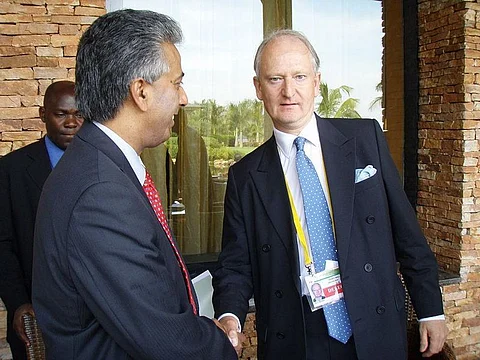
- Home
- NewsGram USA
- India
- न्यूजग्राम
- World
- Politics
- Entertainment
- Culture
- Lifestyle
- Economy
- Sports
- Sp. Coverage
- Misc.
- NewsGram Exclusive
- Jobs / Internships

By Pashchiema Bhatia
History of Indian Diaspora in Mauritius
Most of the Indians are the descendants of indentured Indian labourers who had arrived in the Island more than a century ago. The Indian Diaspora in Mauritius is still rooted to its Indian culture and their history and hence preserving what they remembered of it. With the major population of Hindus, the Indian classics such as Ram Charit Manas and Hanuman Chalisa are recited with Dhol, Ektara and Ghugroo, after each day of labour in cane fields.
The Indian Diaspora in Mauritius is considered unique and significant as they currently make up more than 68% of the Mauritian population dominating the political and cultural facets of the Island.
Pashchiema is an intern at NewsGram and a student of journalism and mass communication in New Delhi. Twitter: @pashchiema5
